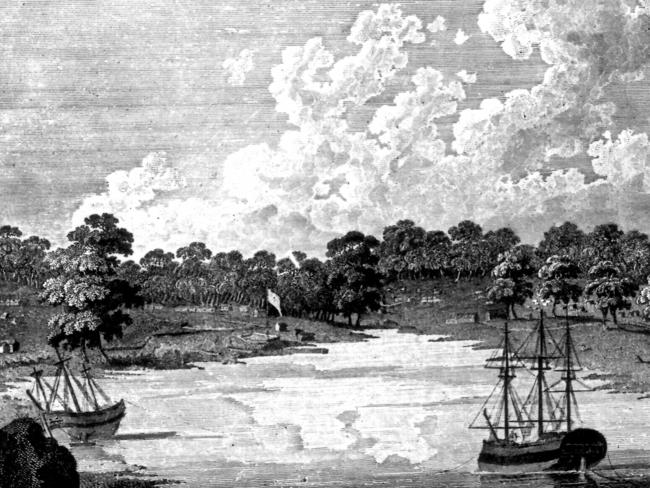Mitch Matters: History you can sink your teeth into
Unlike other parts of our nation, major manufacturing has never been part of the Mornington Peninsula’s local history. It was left to pioneering individuals to carve their own path, writes columnist and history buff Peter Mitchell.

South East
Don't miss out on the headlines from South East . Followed categories will be added to My News.
Regular readers of this column will know that I am fascinated by the history of the Mornington Peninsula.
The story of European settlers forcing out the indigenous population was common all over Australia and it was no different in our region. However, unlike other parts of our nation, major manufacturing has never been part of our local history.
Aside from early limestone kilns around Sorrento and an oil refinery and a steelworks at Hastings, most activity has related to primary producers such as vineyards and orchards, dairying and fishing or extractive industries like quarrying.
MORE MITCH MATTERS: YOU JUST CAN’T BEAT A RED HILL APPLE
HIGHS AND LOWS OF MATTHEW FLINDERS’ LIFE
CLOTHES4U CHARITY PROVIDES MORE THAN CLOTHES
It was left to pioneering individuals to carve their own path and create their own piece of history. One can only imagine how daunting and difficult it would have been for a family to firstly, make the bold decision to start a new life on the other side of the world and secondly, to go through with it.
This was precisely the situation for Henry William Wilson and his wife, Thamer.
Henry was the son of a London butcher, and together with his wife and their four children, they stepped off the sailing ship ‘Emigrant’ in April 1853 and cast their eyes over the new settlement at Port Phillip.
Wilson established an abattoir at Sandridge (now Port Melbourne) and set up house at nearby Emerald Hill (South Melbourne).
For whatever reason, Henry and Thamer decided to relocate their family again and in the early 1860s, moved to Dromana to take up part of ‘Jamieson’s Special Survey’.
Here, land could be purchased from the Crown for one pound an acre.
One can only speculate that the Wilson’s must have heard about this deal, and found it too good to refuse.
The family moved to what is known as the Bullock Paddock, southwest of Moat’s Corner, close to the roundabout where the current Nepean Highway joins White Hill Road.
Initially, Henry bought his meat from George McLear, but eventually set himself up in the butchery business.
He then purchased 45 acres of land closer towards the bay and established his own abattoir.
Just near the existing Dromana Football Ground, Wilson’s land was bordered by Palmerston Avenue, Gibson Street, Pier Street and Arthur Street.
Today, that area is completely covered by housing.
Wilson’s abattoir was eventually transferred to Shergold’s Lane, where it operated until 1950.
One of those children aboard the ‘Emigrant’, Wilson’s son Godfrey, took over the family business in 1877. Wilson had set up his first butcher shop in McCulloch Street, Dromana.
Many years later, at the suggestion of local customer and influential businessman George Coppin, Godfrey expanded the business and built a butcher’s shop and dwelling in the main street of Sorrento in 1904.
Godfrey’s eldest son, Henry, operated this business, becoming the third generation of family butchers on the Mornington Peninsula. His shop had the first refrigerator plant in the area. Powered by a gas-suction engine (later diesel) Henry’s plant also generated electricity for his shop and the Athenaeum Theatre on the opposite side of the road.
Not just purveyors of fine meat, the Wilson’s were hardworking master butchers and pioneers of the Mornington Peninsula.
Twitter: @Peter_Mitchell7
Instagram: @peter_mitchell7
Facebook: Peter Mitchell
